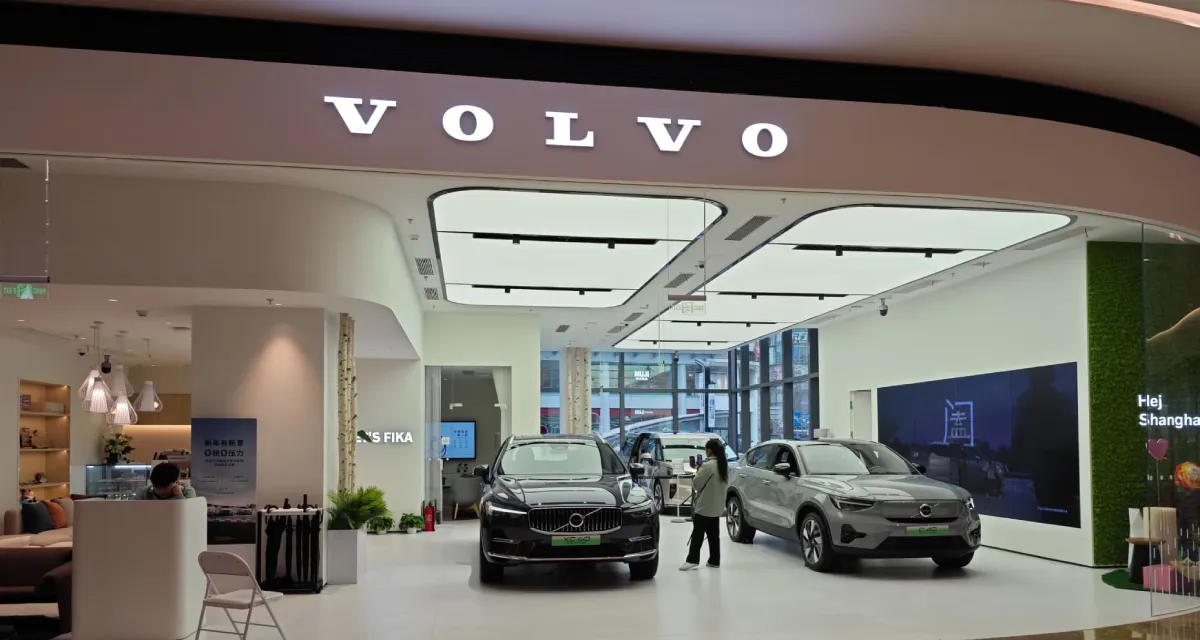

Volvo Cars has adjusted its financial and electrification goals, announcing on Thursday that it will no longer target 100% all-electric vehicle sales by 2030. The Swedish automaker, majority-owned by China’s Geely Holding, now plans for a sales mix of 90-100% electric vehicles (EVs), allowing for the continued sale of mild hybrid models in response to market challenges.
Volvo also revised its financial outlook:
EBIT Margin: The company lowered its 2026 earnings before interest and taxes (EBIT) margin target to 7-8%, down from its earlier goal of "above 8%." This reduction is due to "increased complexity," particularly related to global trade tensions and tariffs.
Revenue Growth: Volvo has moved away from its previously announced revenue goal of 500-600 billion Swedish kronor ($48.6 billion-$58.3 billion). Instead, the company is focusing on “outgrowing the premium car market” through 2026.
Volvo’s decision reflects broader challenges facing automakers in the EV market. International trade disputes, especially between the European Union, China, and the U.S., have complicated the company’s operations. Tariffs and supply chain disruptions have made the transition to electric vehicles more costly and less predictable.
The shift in strategy comes after a drop in demand for electric vehicles, with consumers citing concerns about limited charging infrastructure and range anxiety. Additionally, some markets have rolled back government incentives for EV purchases, further dampening demand.
Volvo remains committed to EVs but acknowledges that 100% electrification by 2030 may not be feasible. The automaker will now aim for 90-100% EV sales, leaving room for mild hybrid models equipped with internal combustion engines and electric assistance.
Slower-than-expected rollout of charging infrastructure
Withdrawal of government incentives in some markets
New tariffs on EVs that have created uncertainty
Despite these setbacks, Volvo continues to push its electrification strategy, with five fully electric models already on the market and another five in development.
Volvo also announced it is extending its partnership with Nvidia, a leading U.S. chipmaker, to further develop advanced driver assistance and autonomous driving features. The automaker plans to streamline its EV manufacturing process by adopting a "single technology stack" to reduce costs.
Global Sales: Volvo's sales increased by 3% year-on-year in August 2024, with strong growth in Europe (+32%) but a sharp decline in China (-23%).
Electrified Vehicle Share: In August, electrified vehicles (fully electric and plug-in hybrids) made up 47% of total sales, amounting to 25,028 out of 52,944 vehicles sold.
Although Volvo has scaled back its short-term EV goals, the company remains committed to fully electric sales in the long term, promising to make the shift once market conditions improve. The company’s focus on technology partnerships and streamlining production processes shows its commitment to staying competitive in a rapidly evolving market.
Also Read: